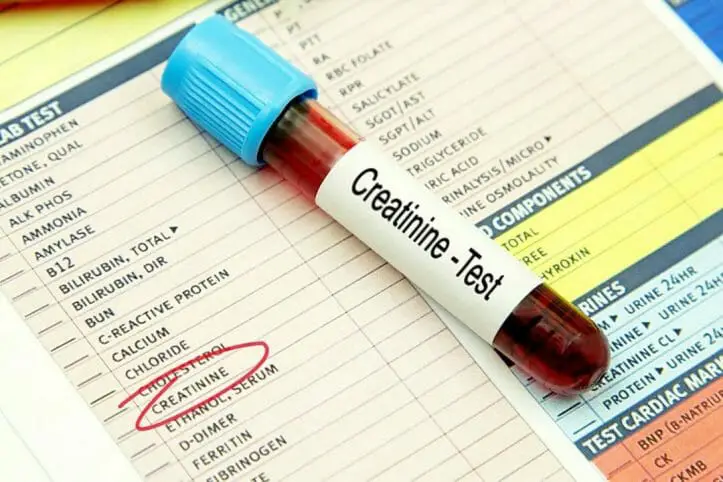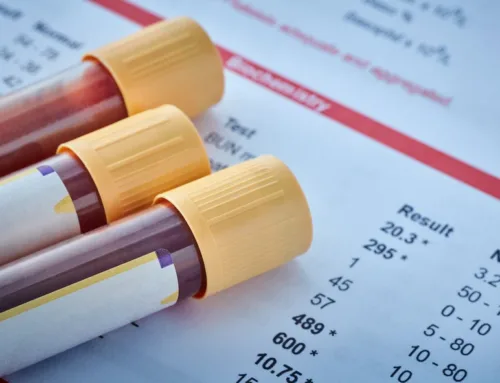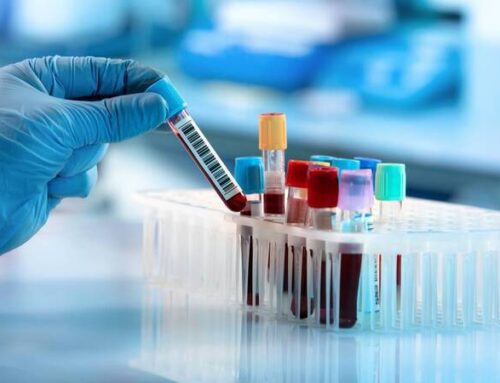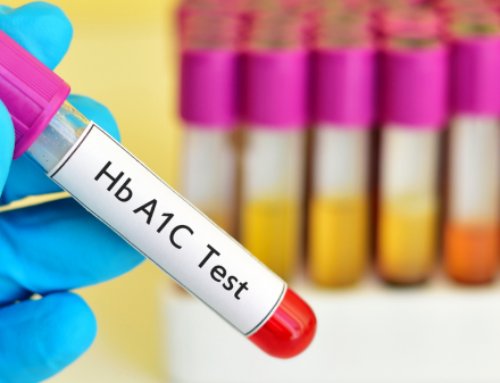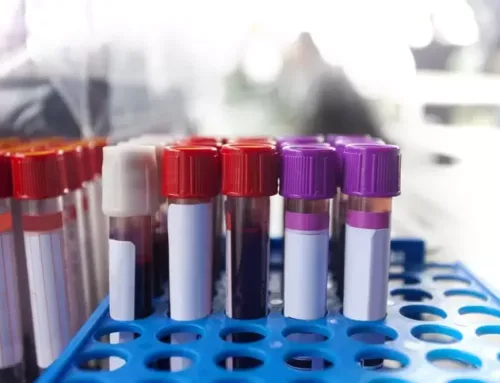When the doctor suggests a full body health checkup, it includes numerous tests. One of them is the creatinine test. The name sounds complicated. So let us begin by understanding the purpose of the creatinine test. The creatinine test measures the amount of creatinine in our bloodstream or urine.
Creatinine is a waste product that comes from the normal wear and tear of the muscles of the body so, everyone has creatinine in their bloodstream.
Our kidneys have blood filtering units in millions and they are called nephrons.
The function of these nephrons is to filter the creatinine from your blood to release it out of your body through your urine.
Now that we have identified the function of creatinine in our body, let’s further understand why do we need to study creatinine levels?
Table of Contents
Why Creatinine test is important?
In case of any issue or challenge with your kidney, it might so happen that creatinine might build in your body and a lesser quantity of creatinine will get released.
If creatinine levels are not normal, it can be harmful to your health.
Abnormally high levels of creatinine can be a sign of possible malfunction or failure of the kidneys. Therefore, standard blood tests include measuring the creatinine levels in your blood.
When you are advised by your doctor to take this particular test, you will have to hunt for a reliable diagnostic center. So, if you are in search of a diagnostic center in Pune that provides the best service along with accurate results you should connect with the Sunrise Diagnostic team.
Measurement of creatinine in your blood or urine helps your doctor determine how well the kidneys are working.
Why Creatinine Tests Are Done?
Doctors use creatinine tests to check how well your kidneys work, which is referred to as renal function. It is done to diagnose signs or symptoms of kidney disease.
Patients suffering from diabetes or high blood pressure are advised to go for this test for screening of kidney diseases. It’s used to monitor the side effects of drugs that may include kidney damage or altered kidney function. It is also used to monitor the function of a transplanted kidney.
Also Read: Liver Function Test
Symptoms of kidney disease:
You may need a Creatinine test if you have symptoms of kidney disease. These include:
- Fatigue
- Nausea
- Vomiting
- Puffiness around the eyes
- Swelling in your feet and/or ankles
- Decreased appetite
- Frequent and painful urination
- Urine that is foamy or bloody
Any condition that disturbs the normal functioning of the kidneys will possibly rise the creatinine level. If you have symptoms that could be caused by an underlying condition that is affecting your kidneys, a creatinine test may be part of the diagnostic procedure.
Risk factors of kidney disease:
- Type 1 or type 2 diabetes
- High blood pressure
- A family history of kidney disease
- Smoking
- Obesity
- Heart (cardiovascular) disease
The reason for abnormal creatinine levels doesn’t always imply kidney disease.
Other reasons for abnormal creatinine levels:
- Pregnancy
- Excessive exercise
- A diet high in red meat
- Side effects of certain medicines
A follow up test will be required in case your creatinine levels are abnormal.
Also Read: Comprehensive Guide to Creatinine Test in Pune
When should I get a creatinine test?
Your doctor will recommend a creatinine test when you show symptoms or have a health history that indicates risk of kidney problems. If your symptoms indicate that your kidneys are affected, a creatinine test becomes important.
You are susceptible to kidney diseases in the following cases:
- Diabetes
- A family history of kidney problems
- High blood pressure
Doctors advise a creatinine test in the following conditions:
- Some medicines can affect your kidney function. In such a case a creatinine test after regular intervals becomes necessary to check for side effects of the medication.
- If you’ve had an abnormal kidney function test earlier or have been diagnosed with kidney disease then a creatinine test is imperative to keep a check on your kidney health.
- Well, at times it is also taken as part of the regular health checkup.
Preparation for the test:
Not much preparation is required for the creatinine test. Your doctor might ask you to fast overnight before the test.
Some medications and supplements can alter creatinine levels, so it is important to check that with your doctor if you need to avoid taking these medicines before the test. The results from either a blood or urine creatinine test are generally available within a couple of days after you take the test.
Most people can lose 30 percent to 40 percent of their renal function without major problems, that is why it is important to test for creatinine if advised by your doctor.
If you are searching for the best diagnostic center in Pune, you can rely on Sunrise Diagnostic https://sunrisediagnosis.com/.
At Sunrise Diagnostic, they provide the best health checkup packages in Pune. Apart from having a team of expert pathologists, they ensure quality and hygiene in sample collection and high accuracy in results with a staff that will guide and makes you feel comfortable.
Book your appointment to experience hassle-free lab tests.



